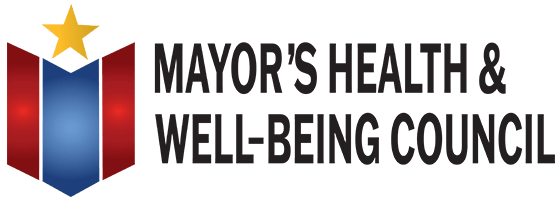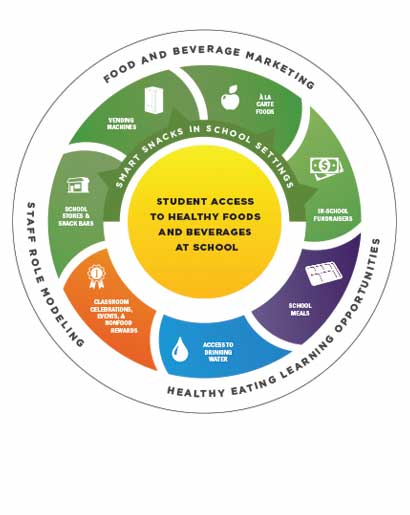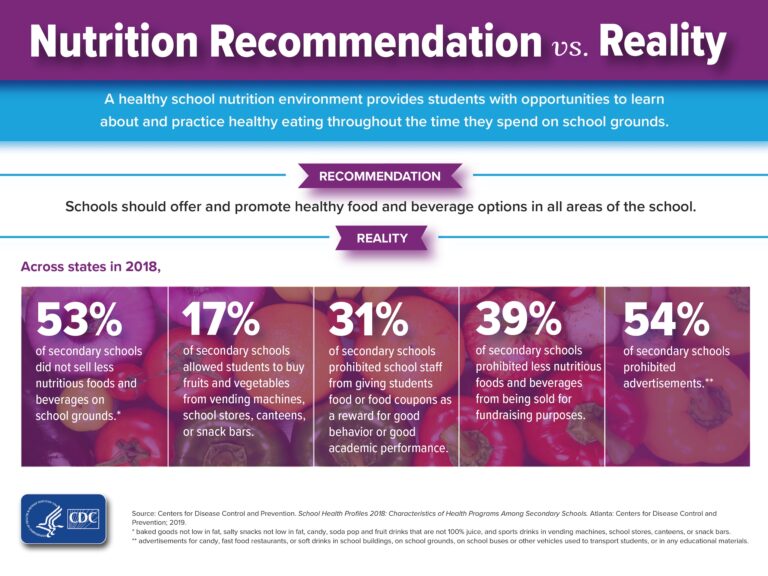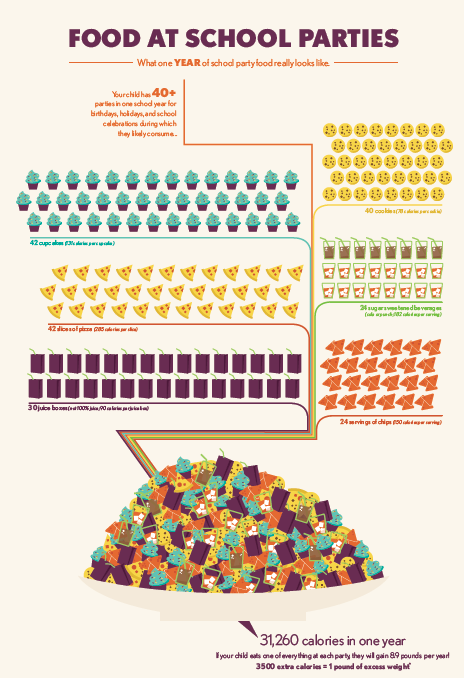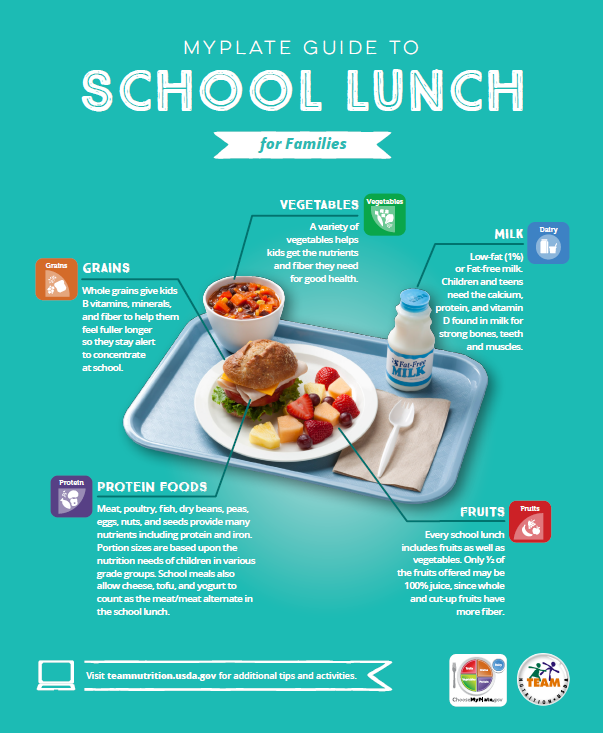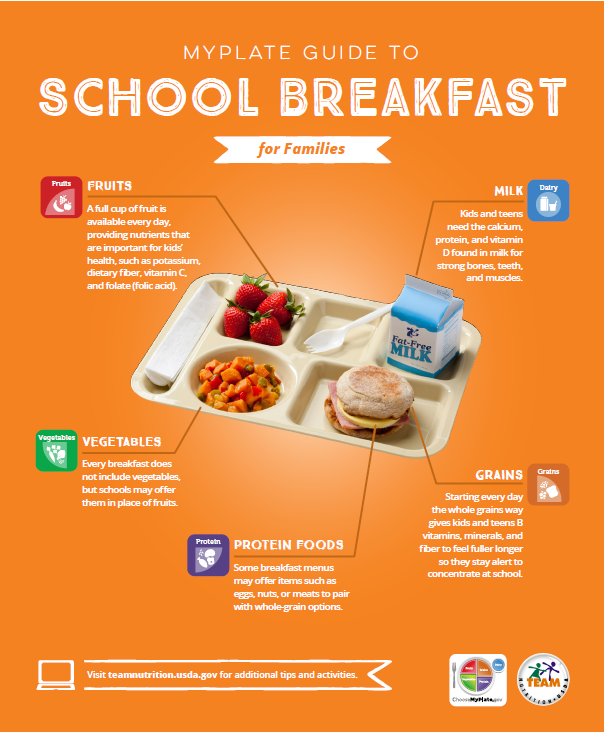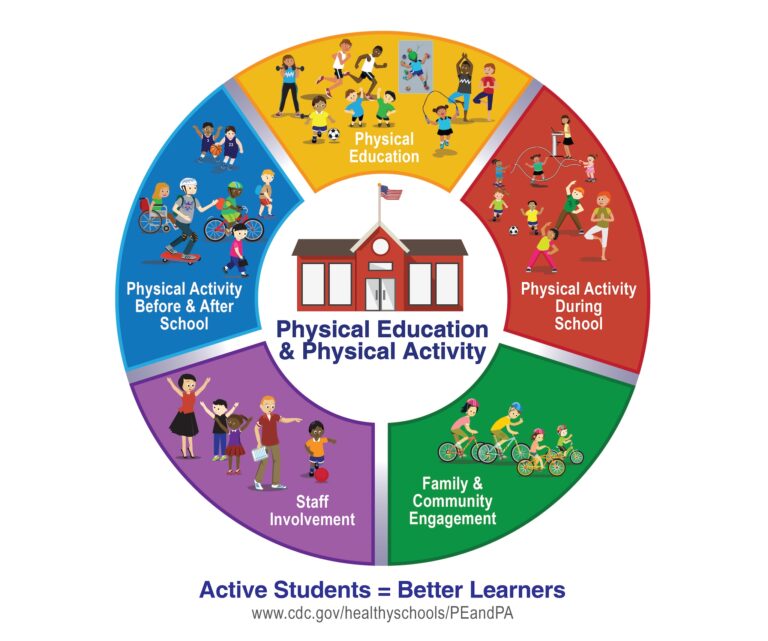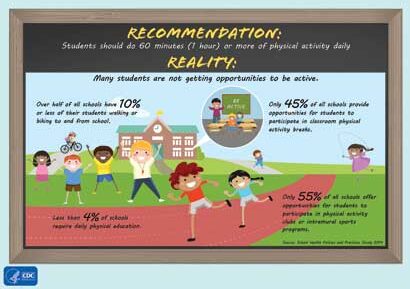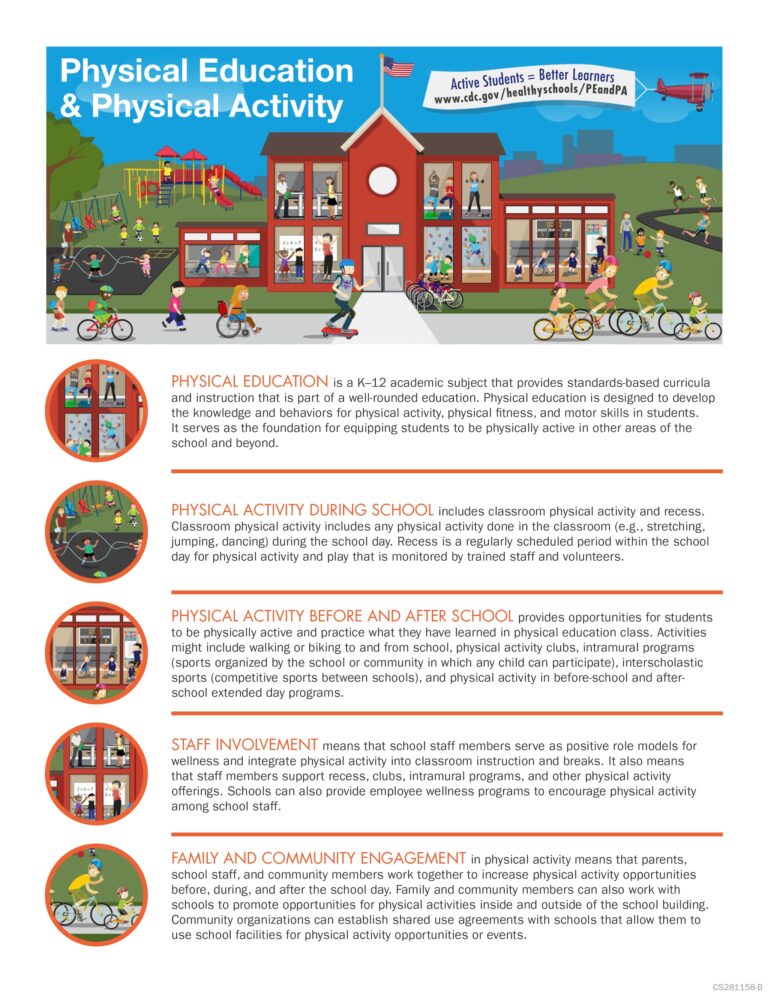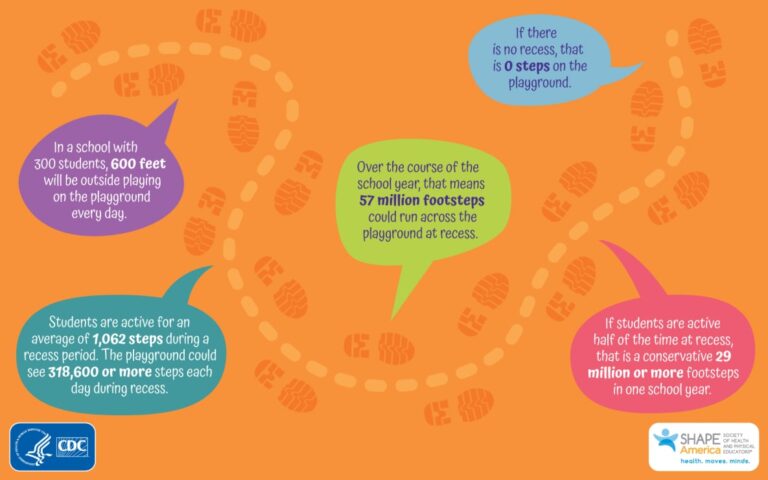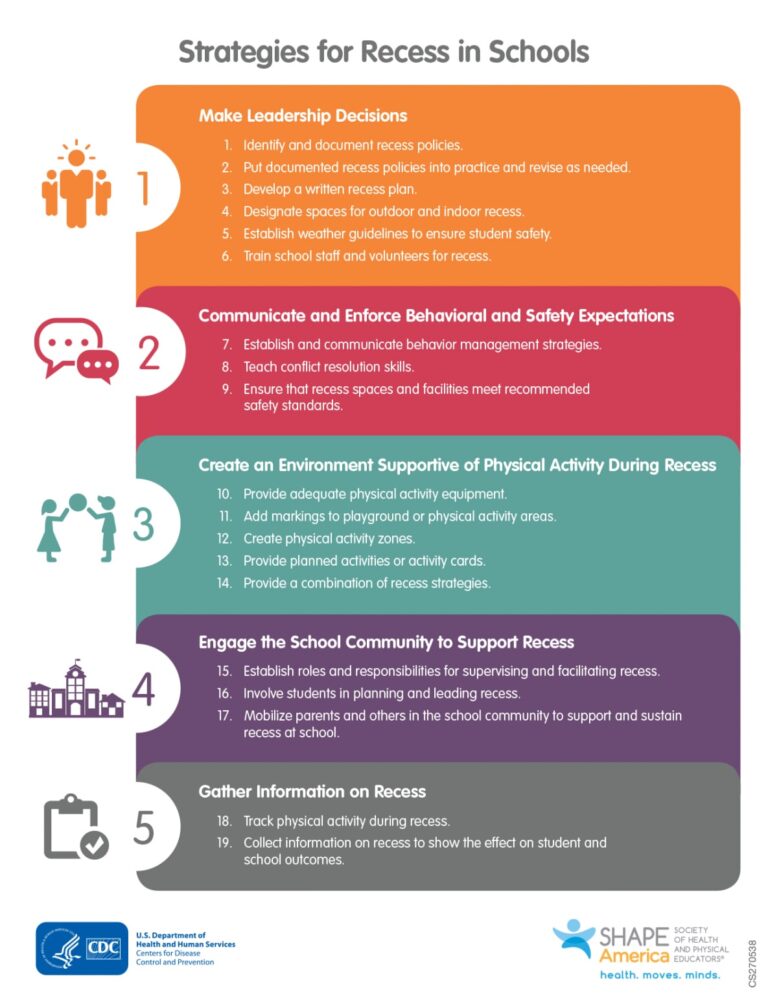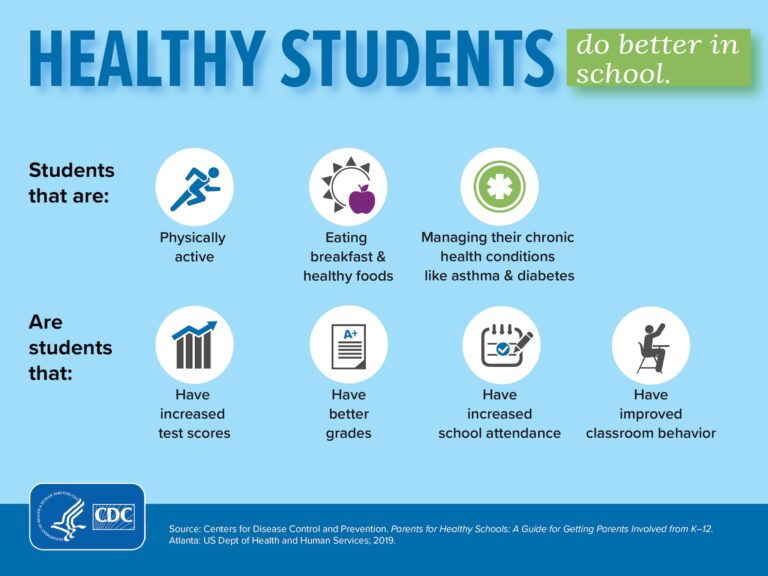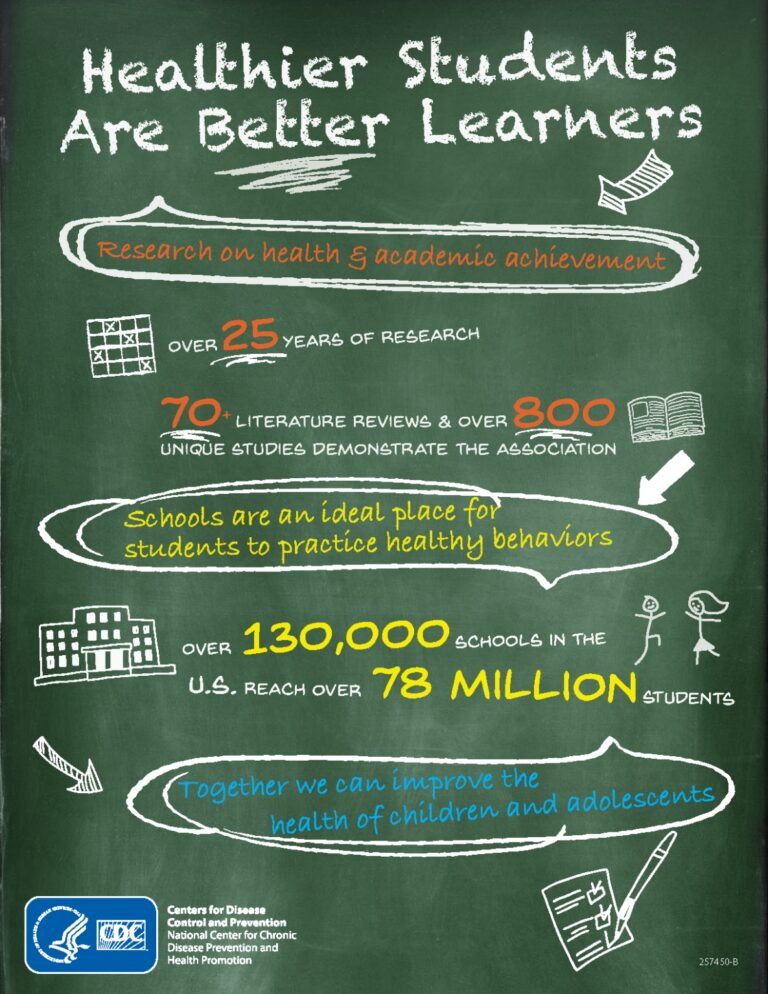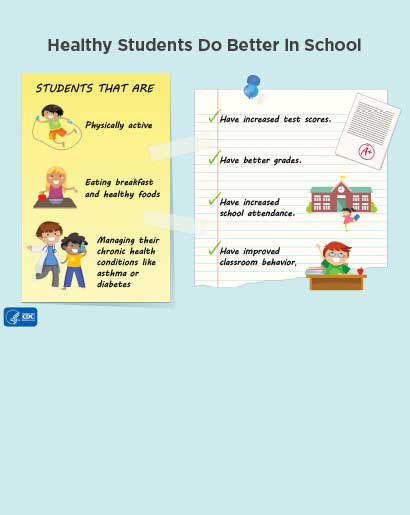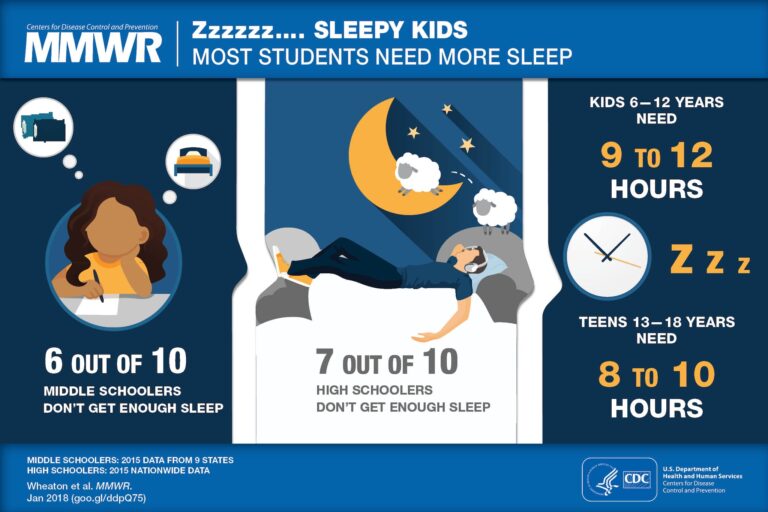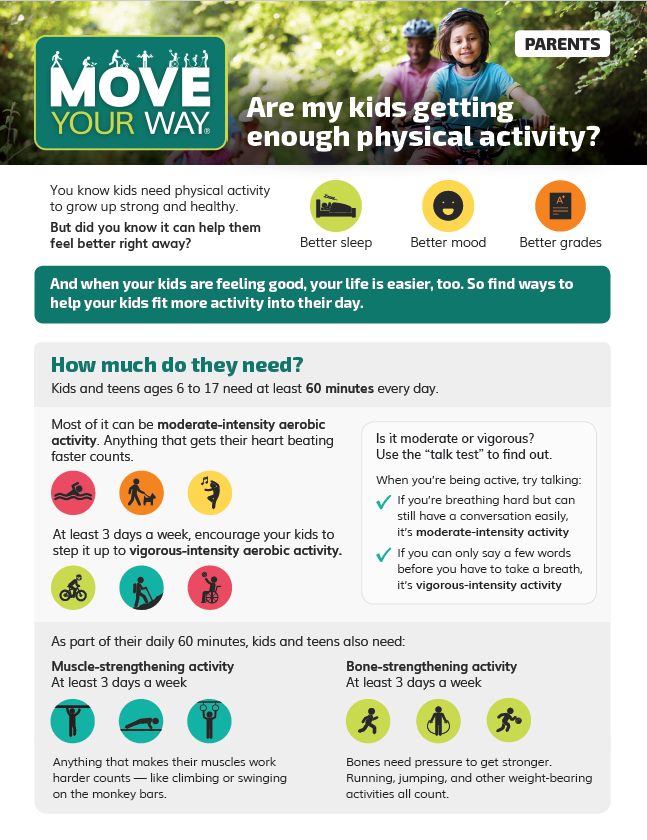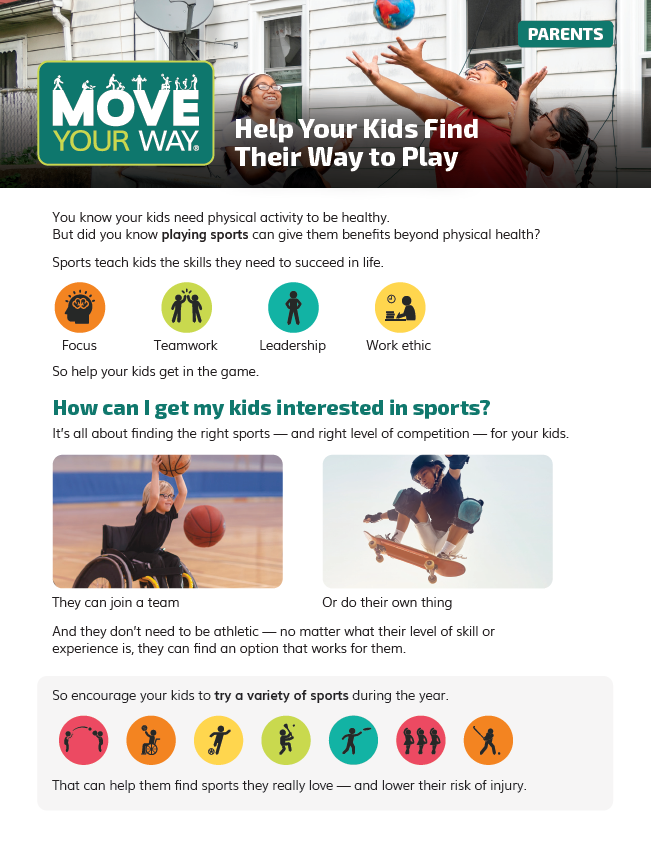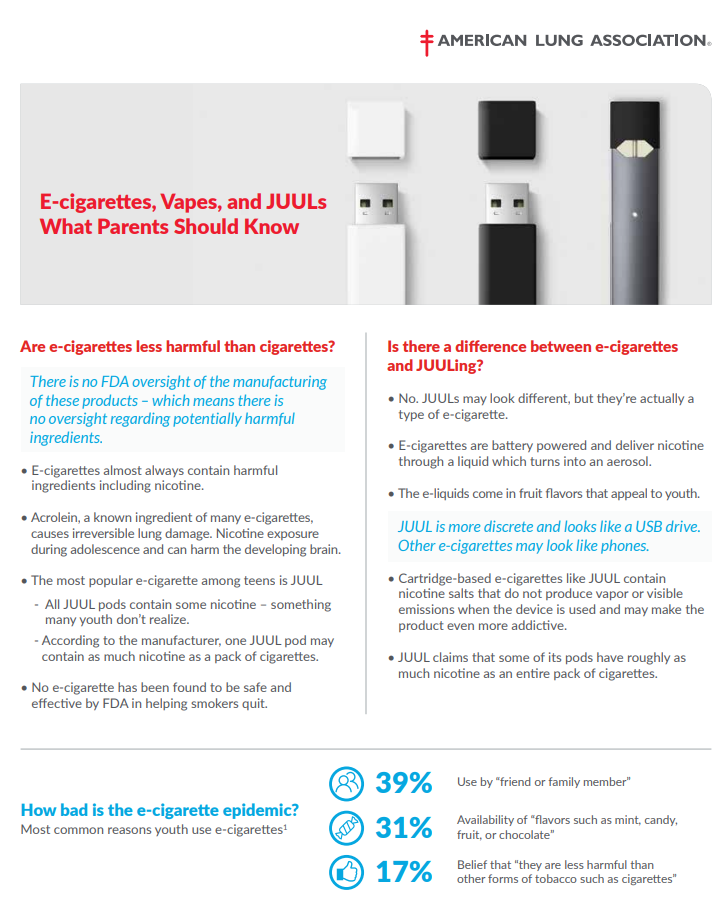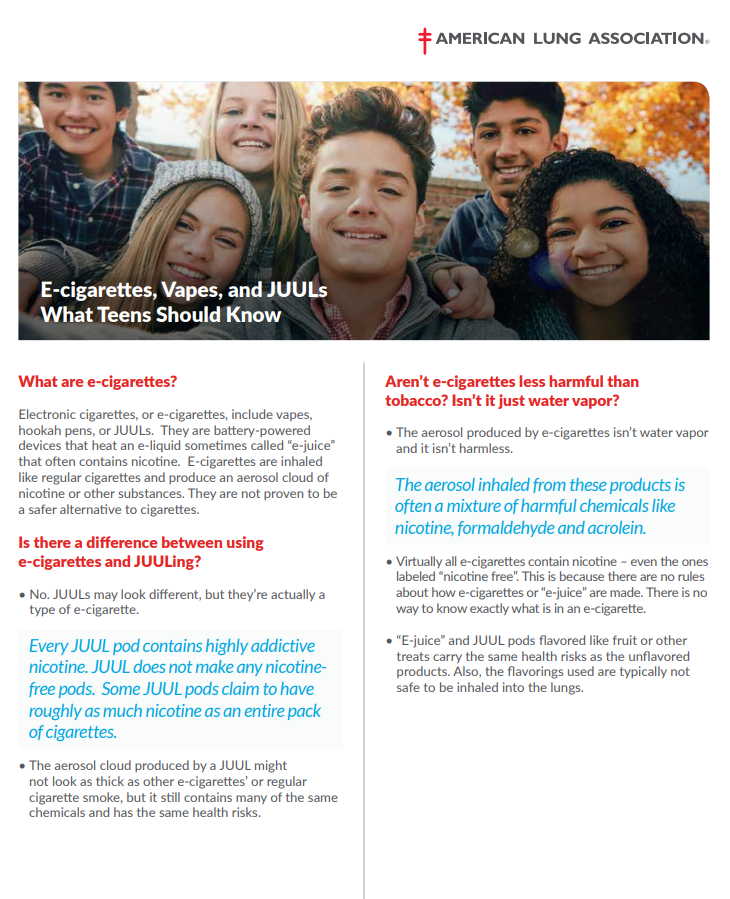School Wellness Resources
Creating a healthy school environment is essential for supporting students, teachers, and staff in leading healthier lives. School wellness programs promote physical, mental, and emotional well-being, helping students thrive academically while fostering a culture of health within the entire school community. By prioritizing wellness, schools can improve student engagement, reduce stress, and support lifelong healthy habits.
Why Prioritize Wellness in Schools?
Health and learning go hand in hand. A student’s well-being directly impacts their ability to focus, retain information, and succeed in the classroom. Similarly, a healthy school environment benefits educators and staff, contributing to job satisfaction and overall school performance. Common school-related health concerns include:
- Stress and anxiety
- Lack of physical activity
- Poor nutrition
- Sleep disturbances
- Chronic absenteeism
By implementing wellness initiatives, schools can create supportive environments that empower students and staff to reach their full potential.
Explore Our School Wellness Resources
To help you build a healthier school community, we’ve gathered a variety of valuable resources, including toolkits, lesson plans, fact sheets, and best practices. Whether you’re developing a wellness program, supporting student health initiatives, or looking for ways to engage staff and families, you’ll find helpful materials below.
For Administrators & Teachers
Adolescent and School Health
Centers for Disease Control & Prevention (CDC)
Find the latest information, resources, and tools to support student health and well-being. Explore evidence-based strategies on nutrition, physical activity, mental health, and more to help schools create healthier learning environments.
Healthy Schools Web Graphics
Centers for Disease Control & Prevention (CDC)
These Healthy Schools web graphics resources can be used for your school's websites or presentations.
Coordinated School Health
Texas Education Agency (TEA)
Health is not just the absence of disease—it is complete physical, mental, and social well-being. A school health program that effectively addresses students’ health consists of many different components.
Texas School Health Program
Texas Health & Human Services (DSHS)
The Texas School Health Program envisions a Texas where all school-age children are healthy, ready to learn, and prepared to make lifelong healthy choices. Providing school health leadership, support, and guidance to Texas school districts.
Parent Engagement: Strategies for Involving Parents in School Health
Centers for Disease Control & Prevention (CDC)
This guide offers strategies to actively involve parents in school health initiatives. It provides practical tips for collaboration, communication, and engagement to strengthen parent-school partnerships and support student well-being.
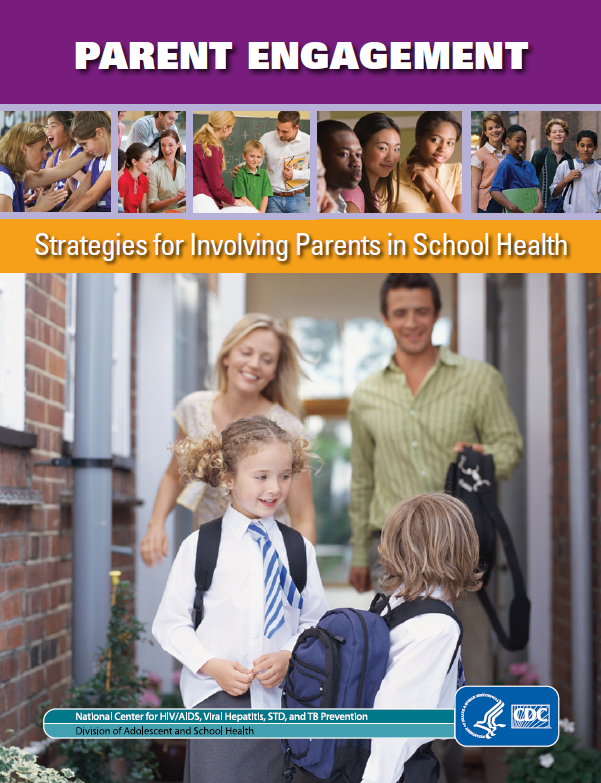
Promoting Parent Engagement in School Health: A Facilitator's Guide for Staff Development
Centers for Disease Control & Prevention (CDC)
This staff development guide helps teachers and school staff effectively engage parents in school health activities. It provides strategies to build partnerships, communicate health initiatives, and empower parents to support student well-being for a healthier school community.
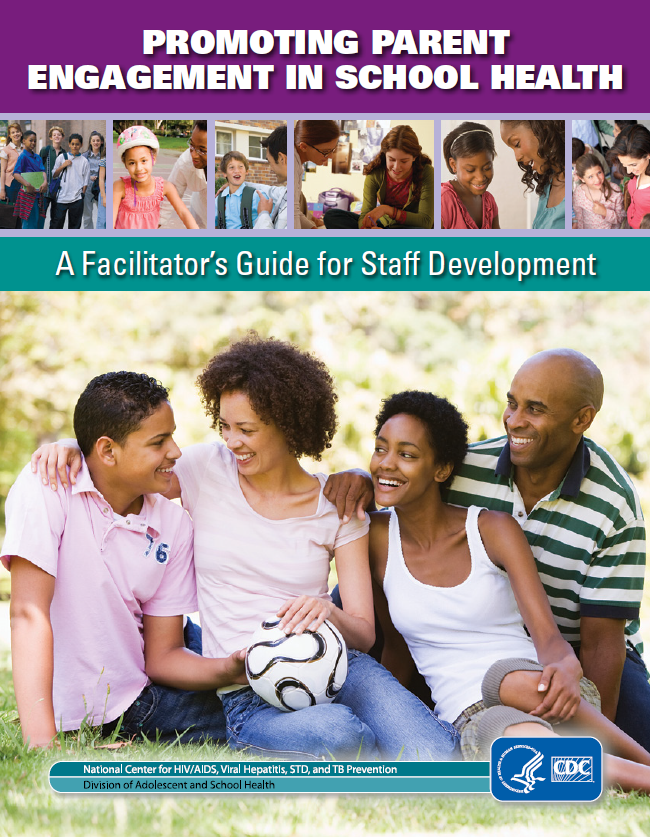
Parents for Healthy Schools: A Guide for Getting Parents Involved from K-12
Centers for Disease Control & Prevention (CDC)
This guide helps schools engage parents in creating healthier school environments by providing resources on nutrition, physical activity, chronic disease management, and tobacco-free policies. It empowers parents to support school health initiatives and advocate for student well-being.
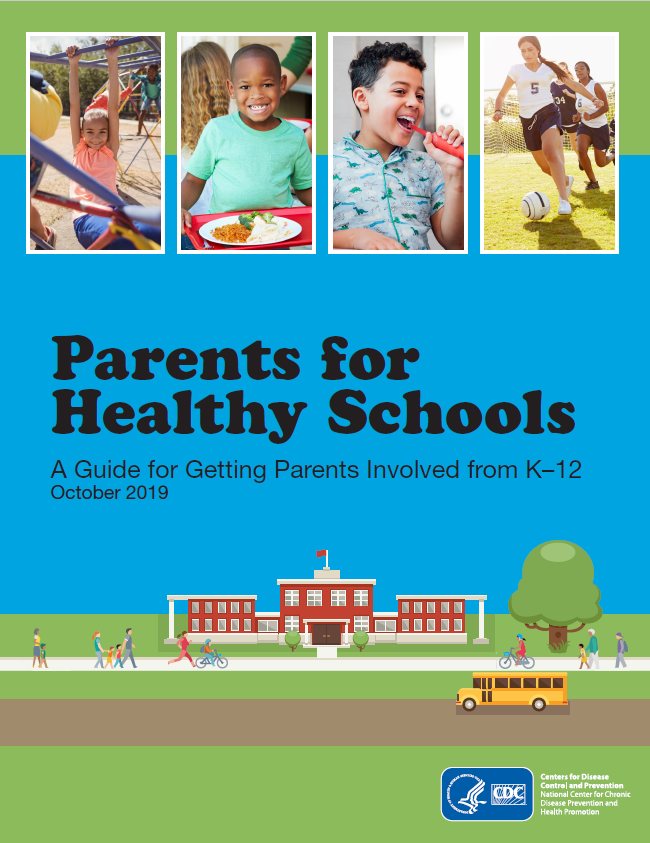
Promoting Parent Engagement - For School Districts & School Administrators
Centers for Disease Control & Prevention (CDC)
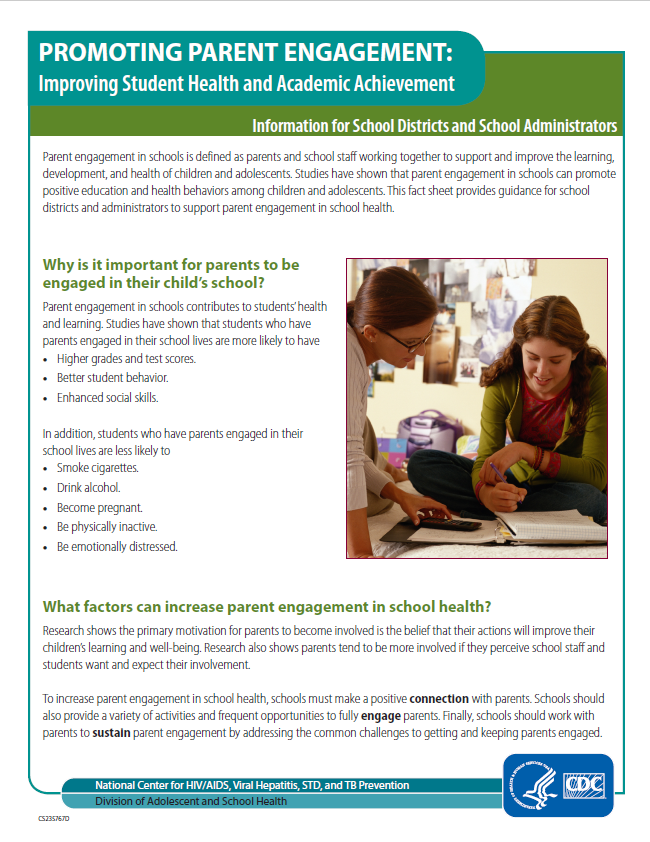
Promoting Parent Engagement - For Teachers & Other School Staff
Centers for Disease Control & Prevention (CDC)
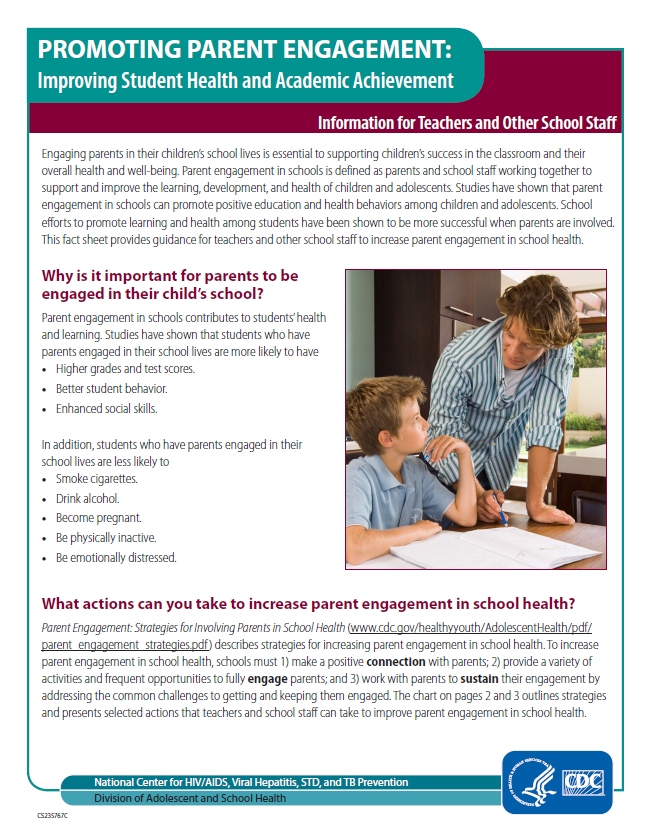
Using Youth Voice to Promote Healthy Schools
Society for Public Health Education (SOPHE)
The Whole School, Whole Community, Whole Child (WSCC) model is a team approach to learning and health. It focuses on ensuring students are healthy, safe, engaged, supported, and challenged. Youth play an important role in making wellness programs and policies effective.
Reducing the Spread of Illness in Child Care
American Academy of Pediatrics
Whenever children are together, there is a chance of spreading infections. Learn the best practices to preventing the spread of illness among children.
COVID-19 & School: Keeping Kids Safe
American Academy of Pediatrics
When COVID-19 started, schools closed, and learning changed. We now know students learn best in person, where they also build friendships and get important support.
Asthma Factsheet (for Schools)
Nemours Children's Health
Asthma is one of the main reasons that students miss school. There's no cure for asthma, but it can be managed so that kids and teens can live otherwise normal and healthy lives.
Team Nutrition Popular Events Idea Booklet
U.S Department of Agriculture (USDA)
Are you looking for fun ways to promote nutrition and physical activity at your elementary or middle school? Use this events idea booklet to get started!
Helping the Student with Diabetes Succeed
National Institute of Diabetes, Digestive, and Kidney Diseases (NIH)
Diabetes is a long-term illness that affects many kids. Schools must help students with diabetes stay healthy, learn well, and enjoy school like their classmates.
Food allergies in Schools
Centers for Disease Control & Prevention (CDC)
Food allergies are a growing food safety and public health concern in the United States. An estimated 1 in 13 children (8%), or 2 students per classroom, are affected with food allergies.
School Fundraising Can be Healthy & Profitable
Center for Science in the Public Interest (CSPI)
Many schools rely on fundraising activities to supplement school budgets and pay for equipment, materials, supplies, and events. Unfortunately, many school fundraisers involve the sale of unhealthy foods. Learn how to make healthy fundraising practical and profitable!
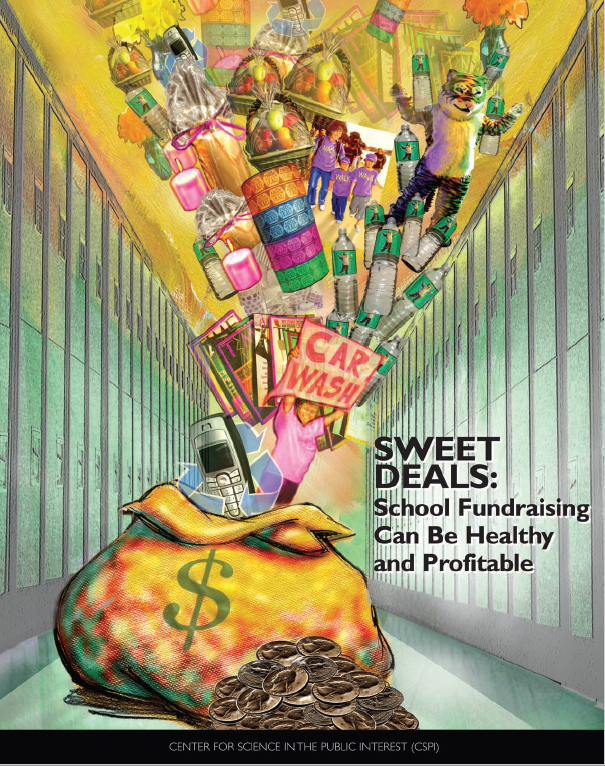
Healthy School Environments
Environmental Protection Agency (EPA)
The health of a school's environment can affect the attendance, concentration, performance and health of both students and educators. This website presents information on key topics about establishing and enhancing healthy school environments.
Indoor Air Quality Tools for Schools Action Kit
Environmental Protection Agency (EPA)
Mold and air quality problems in schools can be caused by a variety of conditions. Learn how to reduce air quality issues and how best to reduce the risk of mold and moisture issues.
CHANGE TO TOOLKIT
E-Cigarette Fact Sheet for School
American Lung Association
This fact sheet from the American Lung Association helps parents understand the dangers of e-cigarettes, how they impact youth health, and ways to talk to their students about vaping prevention.
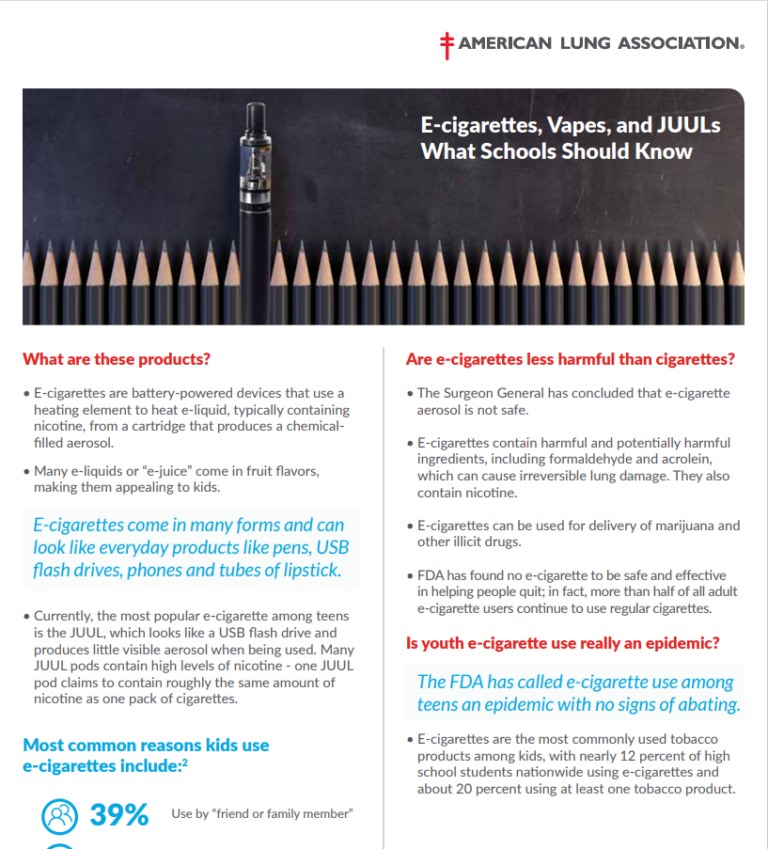
E-Cigarette Risk Fact Sheet
American Lung Association
This risk fact sheet from the American Lung Association highlights the dangers of e-cigarettes, including their potential to harm lung health, increase the risk of addiction, and lead to long-term health problems. It offers crucial information for informed decision-making.
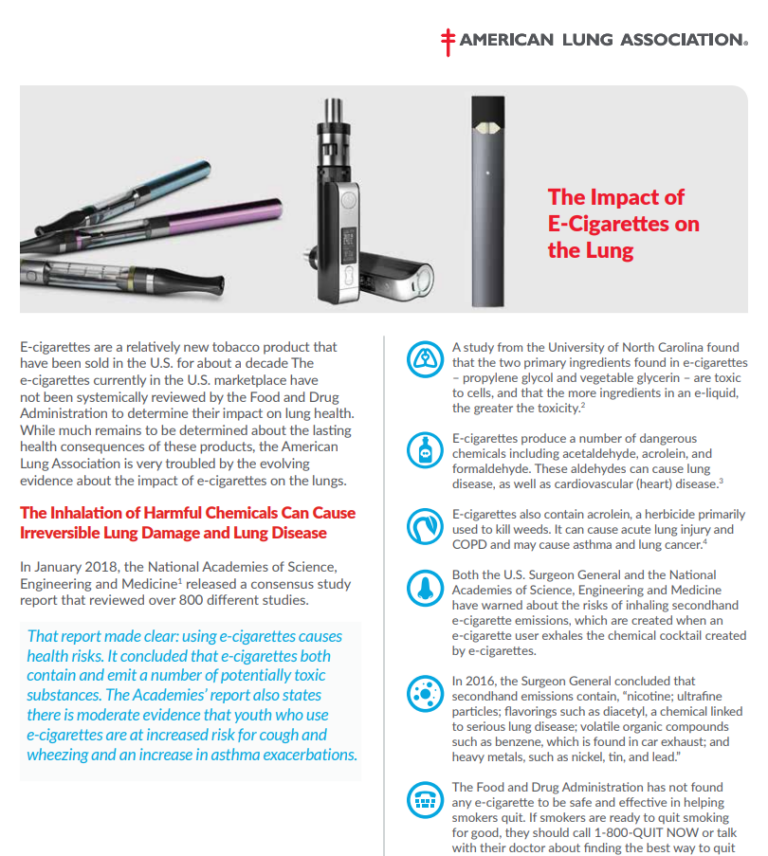
Move Your Way Toolkit for Schools
US Dept. of Health & Human Services
This toolkit is for anyone promoting physical activity in schools, such as teachers, coaches, after-school leaders, administrators, school nurses, and PTAs. It offers resources to support efforts in encouraging student health and well-being through physical activity.
Move Your Way Kids Fact Sheet
US Dept. of Health & Human Services
The "Move Your Way" fact sheet provides simple, easy-to-follow tips and guidelines for staying active. It helps students and families understand the importance of physical activity and offers practical ideas for making movement a part of daily life.
EN ESPANOL
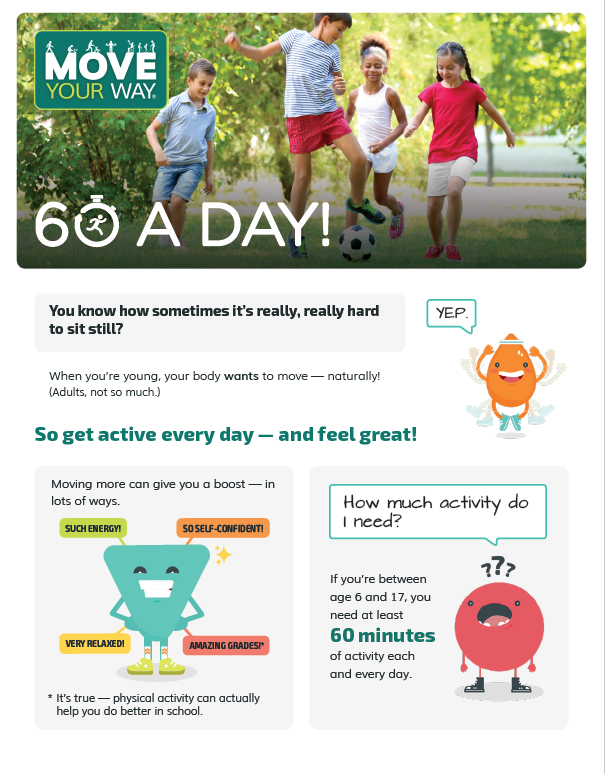
For Parents
10 Ways to Help Your Child Succeed in Elementary School
Nemours KidsHealth
Support from their parents helps kids do well academically. Here are 10 ways parents can keep their kids on track to be successful students.
EN ESPANOL
Backpack Safety
Nemours KidsHealth
Backpacks come in many styles and colors, but if they are too heavy or worn incorrectly, they can hurt kids' backs and shoulders.
EN ESPANOL
Playground Safety
Nemours KidsHealth
Playgrounds and outdoor play equipment offer kids fresh air, friends, fun, and exercise. But it's important to make sure that faulty equipment, improper surfaces, and unsafe behavior don't ruin the fun.
en español:
School and Diabetes
Nemours KidsHealth
Depending on your child’s age, school staff (like the school nurse or an aide) will help your child stay on track with their routine care. Teachers and coaches may assist with some parts of routine care too.
Parents for Healthy Kids
Action for Healthy Kids
Parents for Healthy Kids helps parents make schools healthier! Find resources, get tips, and learn how to take action to support student health.
Healthy Schools - Ideas for Parents
Centers for Disease Control & Prevention (CDC)
These tip sheets have suggestions for parents on how to support health programs at their child’s school. Parents can help support healthy eating, physical activity, and health services for chronic conditions, like asthma and diabetes.
Ideas for Parents: Healthy School Fundraisers
Centers for disease Control & Prevention (CDC)
Schools are a key setting where children and adolescents learn about and have opportunities to practice healthy eating, including fundraisers! Learn how to help support making fundraisers healthy and profitable.
EN ESPANOL
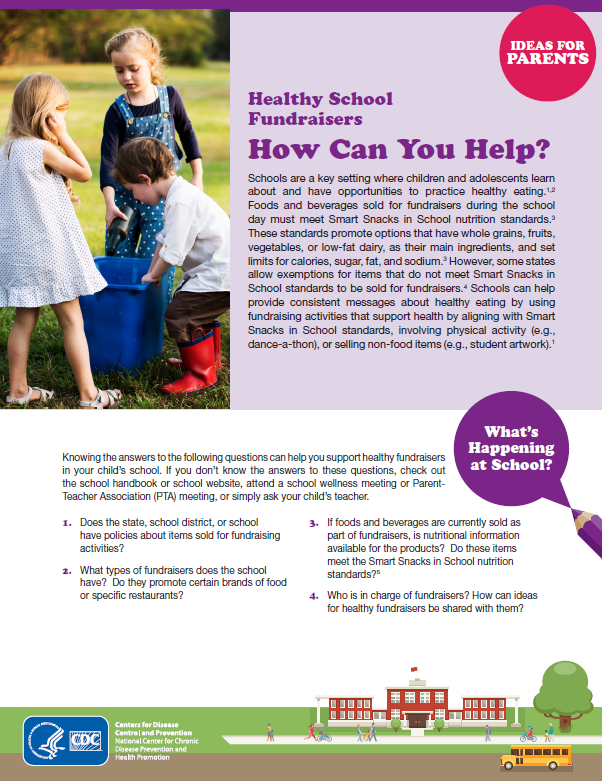
Ideas for Parents: Smart Snacks in School
Centers for Disease Control & Prevention (CDC)
Schools teach kids about healthy eating. Parents can help by advocating for and supporting fundraisers that promote healthy choices for students to keep them healthy!
EN ESPANOL
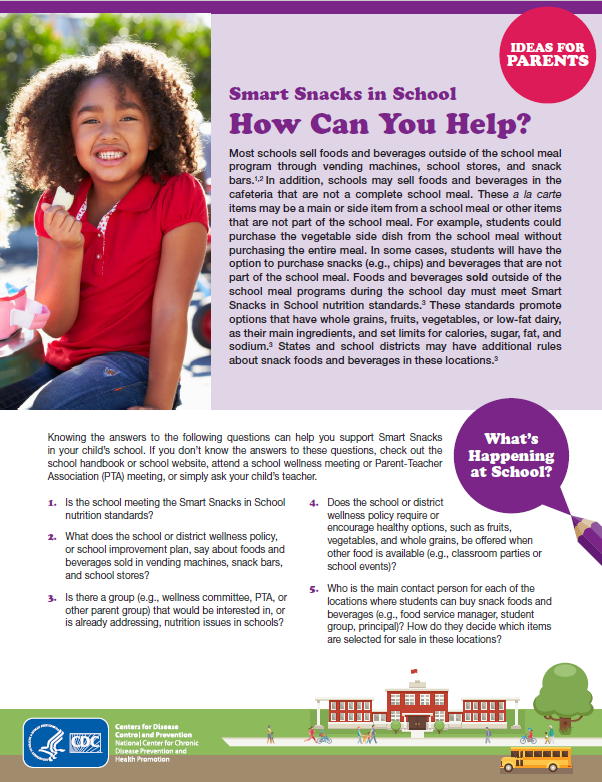
Ideas for Parents: Physical Education
Centers for Disease Control & Prevention (CDC)
Physical education should be an enjoyable experience for all students. Parents can help by getting involved to help support their child's school in providing physical education!
EN ESPANOL
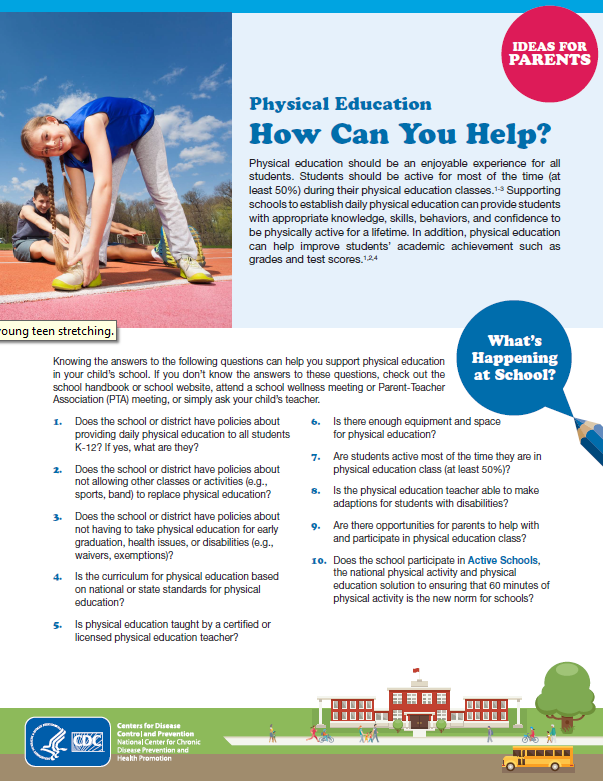
Ideas for Parents: Preventing Tobacco
Centers for Disease Control & Prevention (CDC)
Some students use e-cigarettes and other tobacco products at school, exposing others to harmful chemicals. Learn how to help prevent tobacco use in schools and what you can do as a parent.
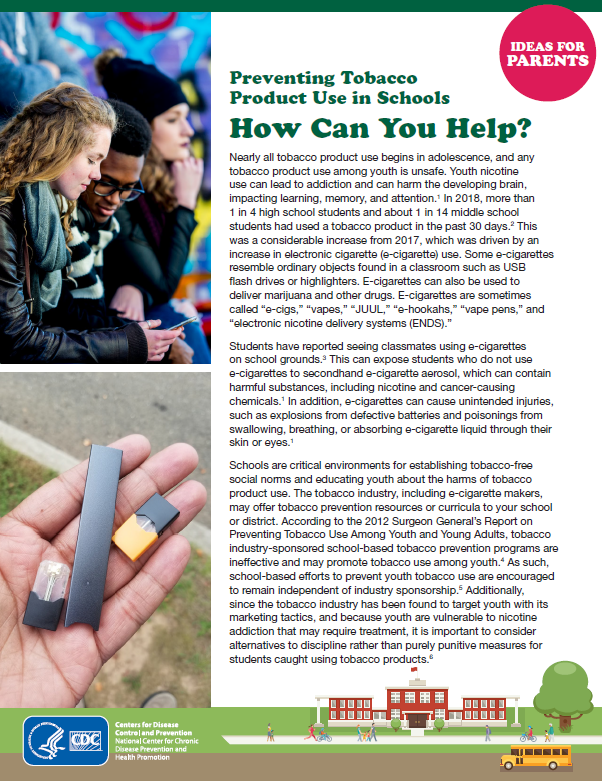
Research, Data & Statistics
Youth Risk Behavior Surveillance System (YRBSS)
Centers for Disease Control & Prevention (CDC)
YRBSS is the largest public health surveillance system in the U.S, monitoring multiple health-related behaviors among high school students.
School staff experiences on involvement in a co-creation process: a Health CASCADE scoping review and thematic synthesis
National Library of Medicine (NIH)
Making schools healthier takes teamwork! Many people need to help, and schools must adjust plans to fit their needs. This helps health programs work better and keep students safe.
Clarifying Misconceptions About School-Based Health Care
Journal of School Health
Misunderstandings about school-based health centers can undervalue their impact on student health. Addressing these misconceptions is key to recognizing their role in improving child health outcomes.
From Commitment to Action: Creating Healthy and Equitable Schools
Society for Public Health Education (SOPHE)
Equitable schools give every student the support they need to reach their full potential. Using an equity-based approach helps school leaders consider each child’s needs and promote success.
Creating School and Community Partnerships
Society for Public Health Education (SOPHE)
Community engagement happens when schools and communities work together to create solutions. The key is engaging community perspectives from people with diverse backgrounds and identities.
Putting Health care Where the Kids Are: US Public Attitudes About School-Based Health Centers
Journal of School Health
School-based health centers (SBHCs) provide important health services for students, but public opinion on them is not well known. This study examines US attitudes on SBHCs and their services, including primary care, mental health, and nutrition counseling.
School-Based Healthy Eating Interventions for Adolescents Aged 10–19 Years: An Umbrella Review
International Journal of Behavioral Nutrition and Physical Activity
Healthy eating is important, but many teens have poor diets. School-based programs can help students develop better eating habits and improve their overall health.
Social Media in School Health Promotion: The Need for Institutional and Professional Development Journal
Oxford: Health Promotion International
Social media affects youth health in many ways. This study explores how school health professionals address both the challenges and opportunities that social media creates for students' well-being.
School Health Promotion and Fruit and Vegetable Consumption in Secondary Schools: A Repeated Cross-Sectional Multilevel Study
BMC Public Health Journal
Many teens do not eat enough fruits and vegetables, increasing the risk of chronic disease. The Netherlands’ Healthy School program helps schools promote better nutrition and overall student health.
The Future of School Health Education in the United States
Journal of School Health
School health education (SHE) can greatly improve public health, but its development has been unorganized and overlooked. This article explores how expanding SHE can benefit students and communities.
The Association Between School-Based Physical Activity, Including Physical Education, and Academic Performance
Centers for Disease Control & Prevention (CDC)
Kids need at least 60 minutes of exercise daily, but most don’t get enough. Schools, which serve 56 million students, offer a key opportunity for physical activity, despite challenges in making time for it.
School Health Guidelines to Promote Healthy Eating and Physical Activity
Centers for Disease Control & Prevention (CDC)
Mental Health and Suicide Risk Among High School Students and Protective Factors — Youth Risk Behavior Survey, United States, 2023
Centers for Disease Control & Prevention (CDC)
Adolescent mental health and suicide risk are big concerns. The CDC's survey found that having support from family, school, or community helps lower these risks. More research is needed to protect youth.
Social and Emotional Learning and School Health
Society for Public Health Education (SOPHE)
This guide helps school health staff and teams integrate Social and Emotional Learning (SEL) into the Whole School, Whole Community, Whole Child (WSCC) model. It offers simple tools and resources to improve SEL, student well-being, and academics.
Youth Risk Behavior Survey Data Summary & Trends Report, 2011-2021
Centers for Disease Control & Prevention (CDC)
The Youth Risk Behavior Survey from 2011-2021 shows trends in behaviors like smoking, drinking, and mental health. The report highlights changes over the years and helps us understand what supports young people need to stay healthy and safe.
